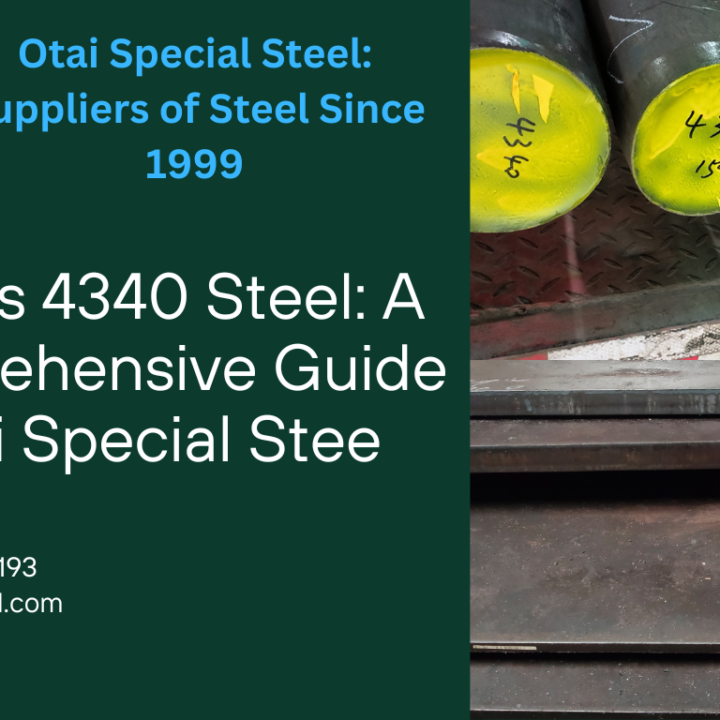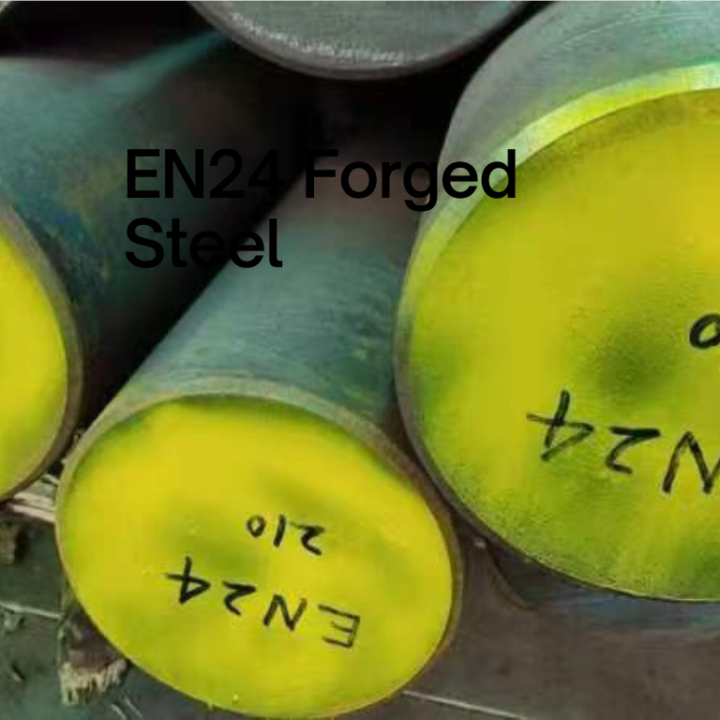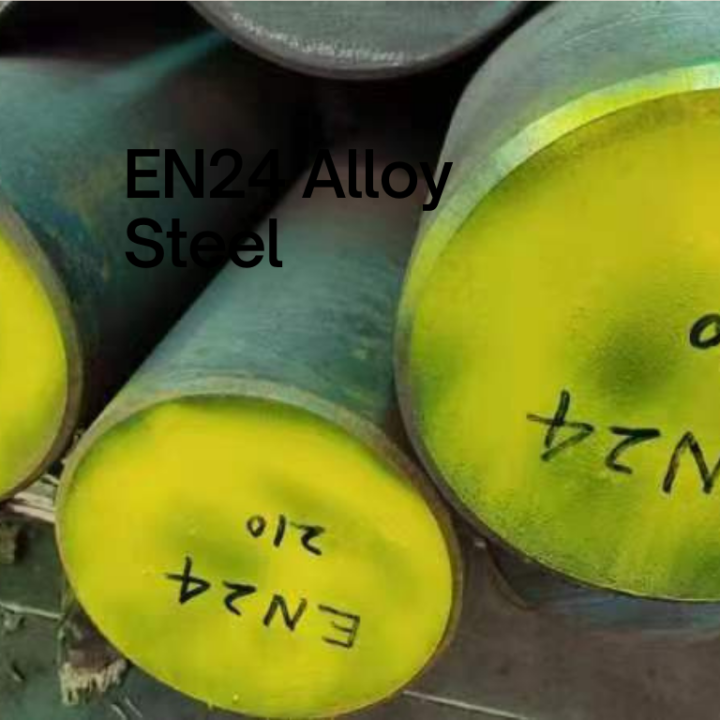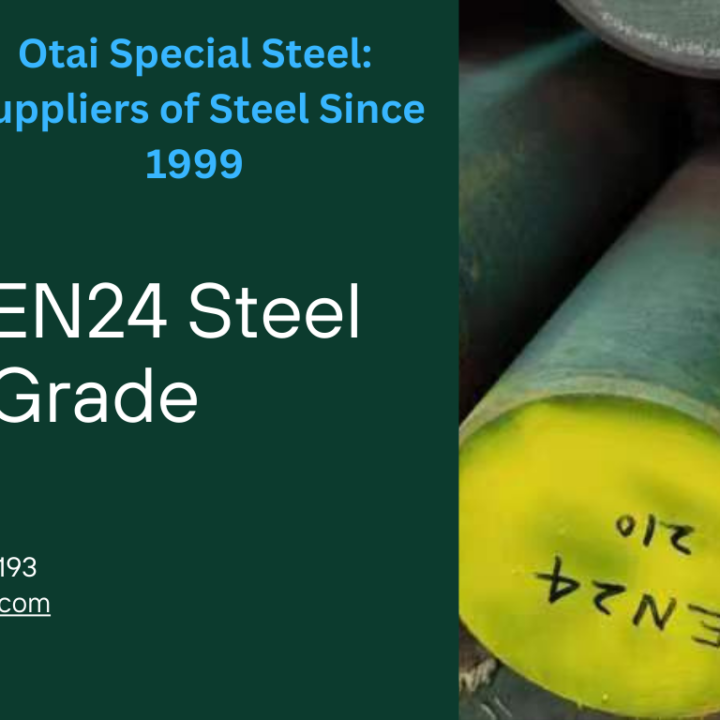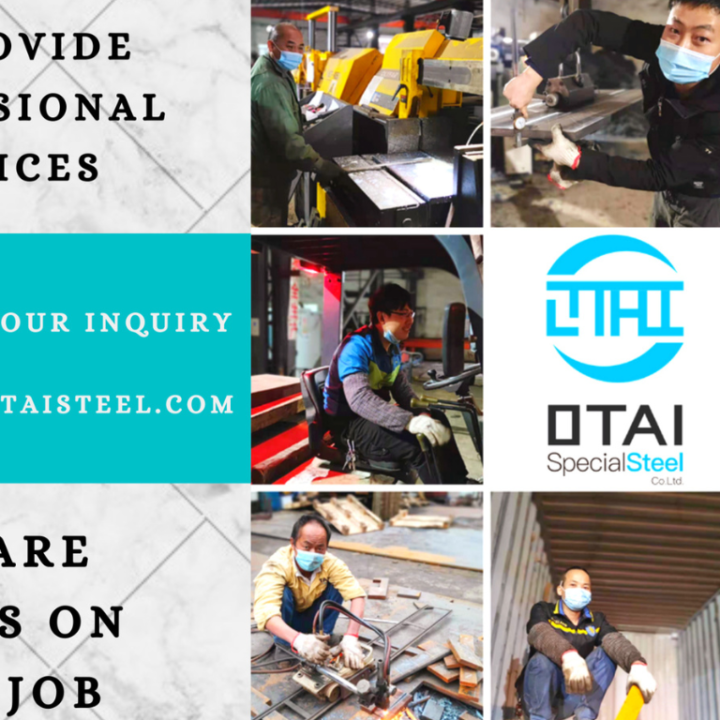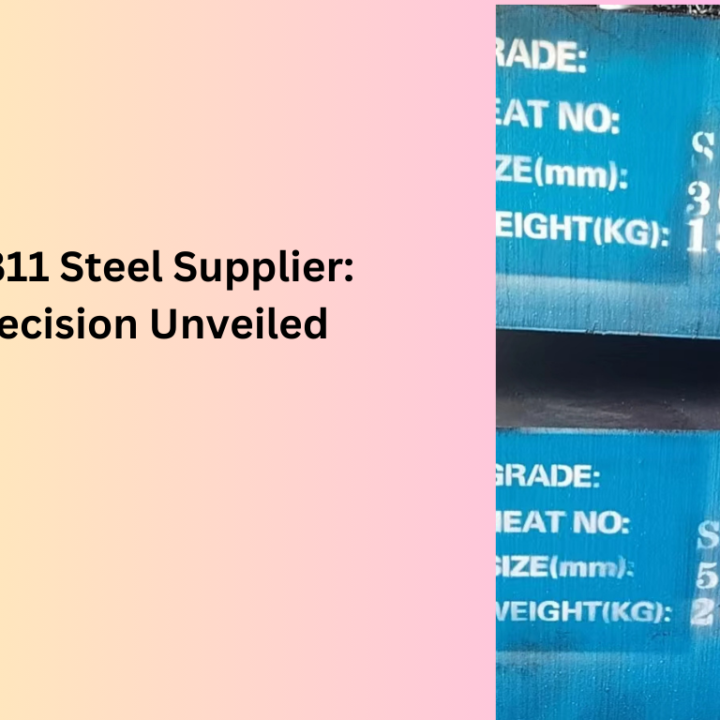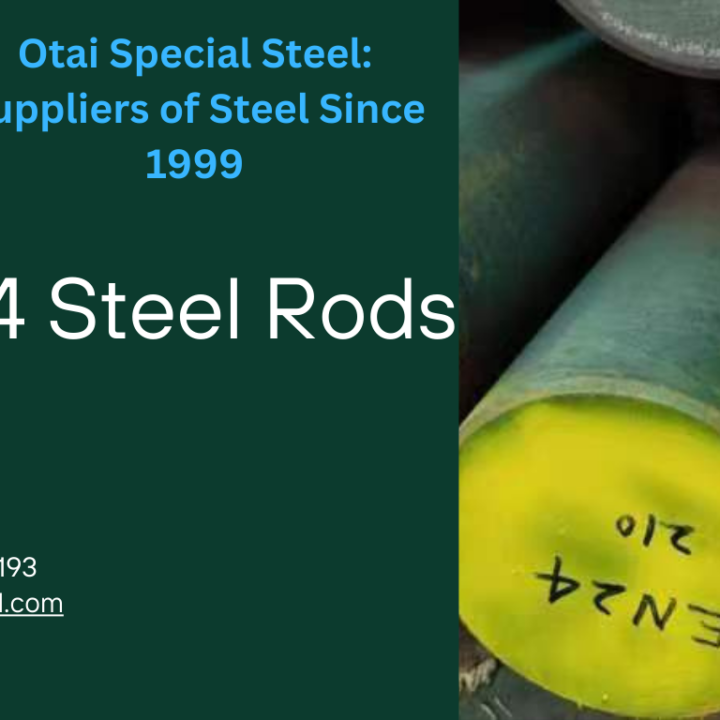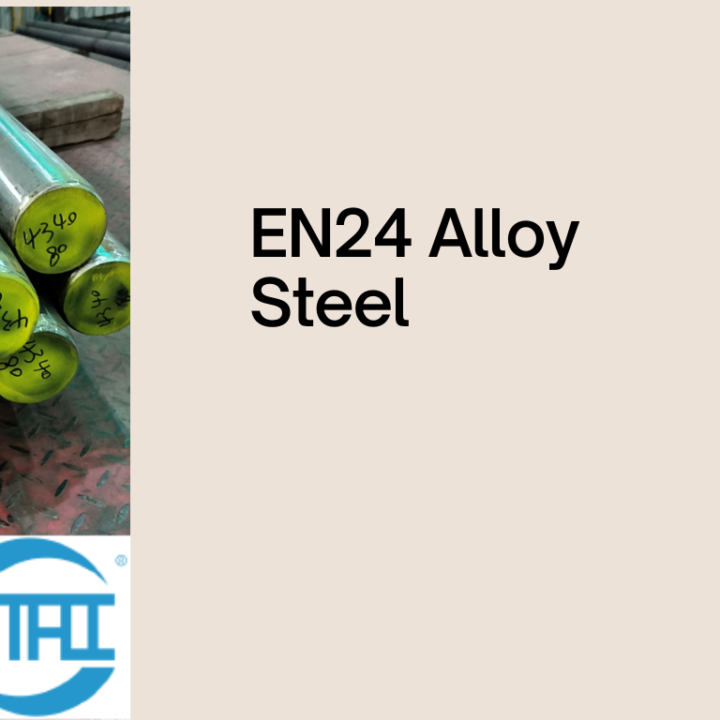Along the Detroit and Rouge rivers, Michigan steel workers watch the news out of Washington and hope.
“We still don’t have the orders we used to have,” said Cathy Ferguson, 43, who works at U.S. Steel Corp.’s Great Lakes Works facility in Ecorse. “I still worry if the company is going to be in business when I retire.”
The 17-year industry veteran and her husband, Jeffrey, 41, who also works at the mill, are two of thousands of workers waiting to see what President Donald Trump and his advisers will do to address foreign dumping of steel in the U.S.
Some steel officials anticipate that a Trump crackdown on imports would be a boon for the struggling industry, even as voices calling for the president to avoid a potential trade war with China have grown louder.
That national conversation pits auto companies posting near-record profits against a U.S. steel industry that saw employment fall by over 11 percent in the last decade.
The southeast Michigan industry sees steady work due to demand from Detroit’s Big Three, which means Ferguson and others don’t see a short-term threat of losing their jobs. Still, Ferguson said morale is low.
Workers take a lot of overtime because steel companies aren’t hiring to meet current demand, and it’s unclear if there’s any “upturn” coming for what has been a cyclical industry.
On the campaign trail, Trump was focused on jobs: creating jobs, bringing back jobs, stopping the loss of jobs.
James Allen, president of United Steelworkers Local 1299, which represents workers at Great Lakes Works, said he supports anything that stops foreign steel from coming into the U.S. But Allen said the industry needs more help than a protective tariff against China.
“That won’t bring the jobs back,” he said. “We’ve already been affected; we’ve already laid off members, members have lost their houses, had to move, change jobs.”
Allen has lost around 3,000 workers since taking office five years ago. His local had to freeze wages for a few years after the last contract negotiation to cut costs. Manpower is down, and morale is the lowest he’s seen in the 24 years he’s been in the industry.
‘Surge in imports’
In June, Trump asked the U.S. Department of Commerce to conduct what’s known as a Section 232 investigation into steel and aluminum imports to determine whether they are hurting U.S. national security. If the government finds a threat there, the rarely used measure allows the administration to levy protective tariffs against a country or group of countries.
The Trump administration is expected to argue the military needs domestic steel for military operations and the “dumping” of foreign steel is harming U.S. steel mills, thus threatening national security.
Kevin Dempsey, senior vice president of the American Iron and Steel Institute, which represents U.S. steel companies, said the tariffs would be a start.
“We’re under enormous pressure from high levels of imports (that are) driven largely by a global problem of overcapacity,” he said. “Addressing the surge in imports is very much needed to ensure the survival and viability of the domestic steel industry.”
According to the most recent data from the steel institute, U.S. mills are running at around 74 percent of capacity, up from a year ago but still historically low. As of May, there were around 149,000 people employed at iron and steel mills in the U.S., a roughly 4,000-employee increase from the start of the year, but down about 5.3 percent from January 2012.
That’s caused plant downtime, layoffs and closed facilities around the country.
Lisa Jester, spokeswoman for AK Steel Corp., which has operations in Dearborn near Ford Motor Co.’s Rouge facilities, including a 350-acre site where it employs 1,500, said imports nabbed 30 percent of the U.S. market in June. The company supports the 232 investigation, and Jester declined to say if the company had recently reduced its workforce.
Representatives from U.S. Steel, which employs around 1,700 union members at the Great Lakes Works, did not respond to request for comment.
Meanwhile, Dempsey and Allen said separately the U.S. has always failed to find a permanent solution to import dumping. Allen fears Trump’s attempt won’t be much different.
“They need to do something to prevent (foreign) steel from ever hitting our shores,” Allen said. “Anything in excess of (our) capacity we can’t produce, I understand us importing, but we need to keep the businesses in this country going.”
‘It’s painful for them’
Meanwhile, a growing number of economists, analysts and organizations representing industries that rely on foreign and domestic steel have urged the Trump administration not to impose tariffs. Even though U.S. automakers build vehicles primarily from U.S.-sourced steel, economists say a protective tax on imported steel would give makers of domestic steel the incentive to raise their prices.
That would be a boon for the domestic steel industry, but it would make U.S.-made cars more expensive and push consumers to buy cheaper cars from foreign companies unaffected by the tariff, economists say.
“If (Trump) uses a tariff that raises the prices China sells to us, we will buy less, and China’s exports will fall, and that will hurt them,” said Alan Deardorff, professor of public policy and economics at the University of Michigan. “It’s painful for them, (but) is it more painful for them than our companies that will buy the imports?”
The American Automotive Policy Council, a trade group representing Ford, Fiat Chrysler Automobiles and General Motors Co., said U.S. automakers buy 15 percent of all the steel consumed in the U.S. A vast majority of that is domestically sourced, according to comments the organization submitted in May to the U.S. Department of Commerce.
Tariffs on foreign steel would adversely affect the auto industry, according to those comments: “This would lead to lower sales of domestically built cars and trucks in the highly competitive U.S. auto market, a decrease in U.S. auto exports, and a loss of the jobs that those economic activities support.”
But labor leader Allen and steel officials don’t believe that.
“That’s a really preposterous idea that (tariffs) will cause them to lose money,” Allen said. “When they’re reporting record profits again, and we’re still barely operating.”
Operating at just over 70 percent of capacity is not sustainable over the long term, said Dempsey. The American Iron and Steel Institute executive is confident that U.S. steel companies would absorb rising demand that import tariffs would cause by activating existing facilities that aren’t being used to capacity. That would result in some job increases in domestic steel.
“The president acting to ensure the viability of the steel industry is critical to the automotive industry and others,” Dempsey said.
“It’s only through these collaborative efforts that we’re able to innovate. We think in the long run, it’s in the auto industry’s interest to ensure they have a viable steel industry in the U.S.”
